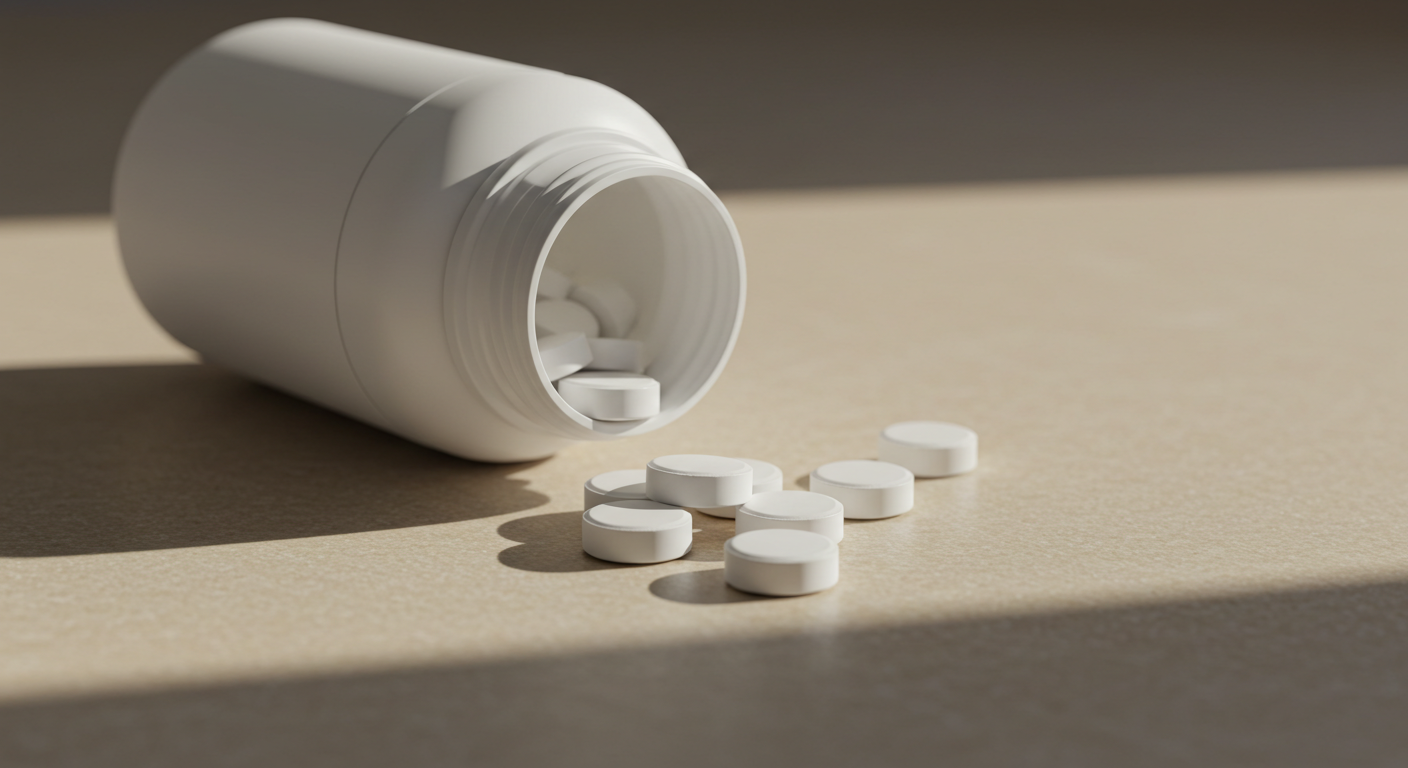Dr. Kumar’s Take:
Aspirin has long been promoted as a heart health booster, but does it truly prevent heart disease? A meta-analysis of nine major studies explored this question. The findings? Aspirin reduces the risk of heart attacks and certain strokes but does not lower overall heart-related death rates. Even more concerning, aspirin use increases the risk of serious bleeding, including hemorrhagic stroke and gastrointestinal bleeding.
What You Can Do:
✔ If you’re at high risk for heart disease, talk to your doctor about aspirin. The benefits might outweigh the risks.
✔ If you’re low risk, reconsider daily aspirin use—it may do more harm than good.
✔ Focus on proven heart health strategies: exercise, diet, and regular check-ups.
Brief Summary:
This study analyzed data from 100,076 participants across nine clinical trials to determine aspirin’s role in preventing heart disease. The results showed that aspirin lowered the risk of heart attacks and ischemic strokes but had no significant effect on reducing cardiovascular deaths. Additionally, aspirin users had a higher risk of major bleeding events, including hemorrhagic strokes and gastrointestinal bleeding.
Key Takeaways:
✔ Aspirin reduced the risk of nonfatal heart attacks by 17%.
✔ Ischemic stroke risk dropped by 14% with aspirin use.
✔ No reduction in cardiovascular deaths was observed.
✔ Serious bleeding risks increased by 66%, and gastrointestinal bleeding risks rose by 37%.
✔ The study did not determine which groups benefit most from aspirin use.
Study Design:
This was a meta-analysis (a study that reviews multiple studies) including nine randomized controlled trials with a total of 100,076 participants. Participants had no prior history of heart disease. The study compared individuals taking aspirin versus those taking a placebo or no aspirin. Researchers focused on heart attack rates, stroke rates, overall mortality, and bleeding complications.
Results:
✔ Aspirin lowered the risk of nonfatal heart attacks (1.68% vs. 1.91%).
✔ Ischemic stroke risk dropped slightly (0.97% vs. 1.10%).
✔ Aspirin had no effect on cardiovascular death rates (1.23% vs. 1.18%).
✔ Major bleeding risks were significantly higher in aspirin users (0.83% vs. 0.50%).
✔ Gastrointestinal bleeding occurred more often in aspirin users (4.10% vs. 3.28%).
Should You Take Aspirin for Prevention?
Aspirin can be life-saving for people with a history of heart disease, but its role in primary prevention (before heart disease occurs) is less clear. If you’re considering daily aspirin, discuss it with your doctor—especially if you have a high risk of bleeding or are otherwise healthy.
Related Studies and Research
Smoking Cessation and Heart Disease – Investigates the cardiovascular benefits of quitting smoking and its impact on longevity.
Antihypertensive Medications: A Meta-Analysis – Reviews the effectiveness of antihypertensive medications in preventing cardiovascular disease.
Statins and Heart Disease: A Review – Examines the role of statins in reducing cardiovascular risk and mortality.
HOPE-3 Trial: Rosuvastatin in Primary Prevention – Discusses the findings of the HOPE-3 trial on statin use for individuals at intermediate cardiovascular risk.
Frequently Asked Questions:
Who should take aspirin daily?
Individuals with a history of heart attacks or strokes benefit most. For those without prior heart disease, aspirin may not be necessary.
What are the risks of taking aspirin daily?
The biggest risks include stomach ulcers, gastrointestinal bleeding, and hemorrhagic stroke.
Are there better alternatives to aspirin?
For many, lifestyle changes like a heart-healthy diet, exercise, and blood pressure control offer better protection with fewer risks.
Conclusion:
Aspirin’s role in preventing first-time heart disease is not as clear-cut as once believed. While it does lower the risk of heart attacks and some strokes, it does not prevent heart-related deaths and increases the risk of major bleeding. Before taking daily aspirin, consider other heart-healthy strategies and talk to your doctor.


